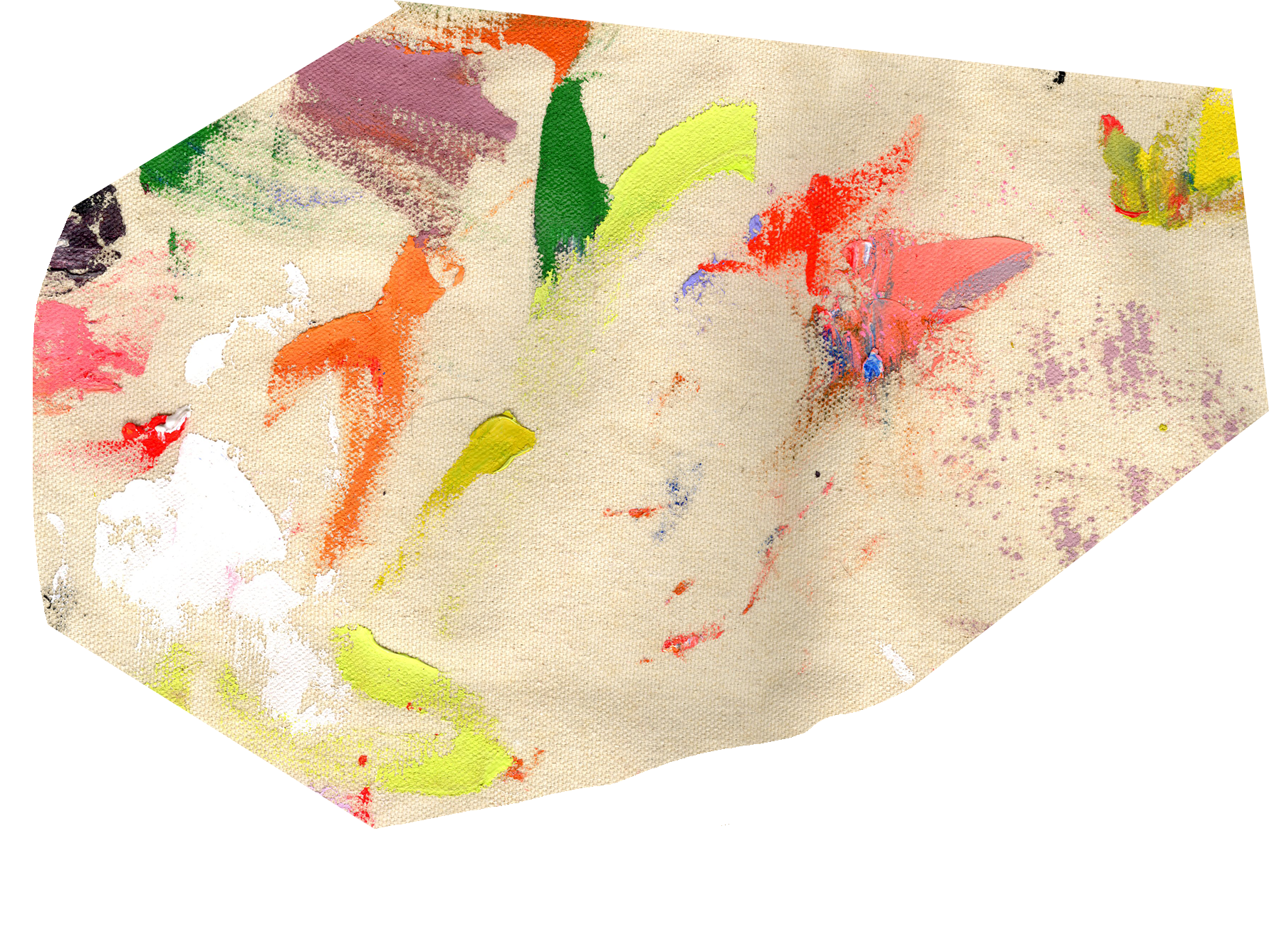What do we mean by PLAY?
Play brings us into the present moment — it is a social, adaptive experience that strengthens cognitive flexibility, emotional regulation, and real-time problem-solving, helping us navigate challenges with joy and creativity.
Our story
Circus Curious grew out of Storycamp, a play-based summer program founded in Colorado in 2015. Storycamp was the first big experiment in blending storytelling, circus arts, outdoor exploration, and collaborative art-making into an immersive camp experience. What started as a simple idea quickly became a beloved program where children built worlds together—full of puppets, performances, and imagination—and where founder Kat Pratt deepened her work as both an educator and a facilitator of creative play.
When Kat’s family relocated to New Hampshire, she carried that vision forward and began to imagine how Storycamp could evolve into something bigger. Circus Curious first took shape when Kat teamed up with Alicia Stiles, combining their shared love of creativity and community. From the beginning, the program has been a place where participants of all ages can explore themselves in new ways, connect through play, and build meaningful, creative relationships with the world.
Over time, Circus Curious has grown into a vibrant ecosystem of camps, workshops, classes, and community events for all ages. Offerings have ranged from aerial sessions and puppetry projects to themed camps, family festivals, and educator trainings. Each program carries forward the ethos that guided Storycamp: learning through play, moving and making art together, and celebrating imagination as a vital force in both childhood and adulthood.
Kat!
Founder & Creative Director
Kat has been dancing, telling stories, and creating performances for as long as she can remember—first for the rocks and trees as a child, and later as part of a women-led circus in New York. For more than 20 years she has worked with children and communities, weaving together her love of nature, circus, and storytelling into innovative programs of creative education, therapy and play. Storycamp, her first program founded in Colorado in 2015, became the foundation for what would grow into Circus Curious.
Kat attended massage therapy school and practiced for many years; a path that deepened her understanding of anatomy, the nervous system, and embodied learning. She has also completed a 200-hour yoga teacher training, integrating mindfulness, movement, and somatic awareness into her approach to teaching and creative practice.
She holds a B.A. in Anthropology from the University of Colorado, where she focused on birth and child development across cultures, and a Master’s in Education from the University of New Hampshire. Her graduate research centered on the role of play in learning, development, and classroom culture—work that continues to inform every program she creates.
Kat lives in New Hampshire with her family, where she continues to explore creative practice through movement, storytelling, puppetry, and time outdoors. You can often find her marveling at moss, dancing in trees, and singing (poorly) to her children.
Operations & Community Support
Brit!
Part human, part interpretive dance — Brit is a curious, cartwheeling creature who thrives on creativity, chaotic to-do lists, and the tiny, magical moments that happen when people feel safe to be fully themselves.
As a child, Brit was endlessly inspired by music and creative movement—daydreaming dance routines and choreographing performances in her bedroom. She began formal dance lessons at age 9, and by her teen years was assisting, and eventually leading, her own classes—sharing her love of movement with children of all ages.
With over 20 years of experience in youth development, she has nurtured the hearts and minds of children in just about every creative capacity you can imagine. Brit has helped many young humans explore movement, mindfulness, and the magic of being wildly, unapologetically themselves.
A lifelong student of creativity, the human body, and the magic that happens when the two meet, she is also a 500-hour RYT and a LMT—as well as a proud member of the neurodivergent community (which basically means she’s all about embracing different brains, different bodies, and different ways of learning and expressing).
At the heart of it all, she believes in the power of play: as a tool for growth, a form of expression, and a path back to ourselves.
While play is the foundation of our curriculum, our work is seriously considered. Each element we bring into our programming is rooted in our love of the thing, its ability to connect people, and evidence-based research around how it benefits learning and health.
Circus arts are a powerful vehicle for healing, connection, and creative exploration. More than performance, we see circus as a practice of embodiment, trust, and joyful risk-taking—a way to build community while deepening self-awareness. Whether through juggling, acrobatics, or clowning, circus invites us into collaboration, play, and presence. Supported by research in occupational therapy and expressive arts, circus offers tools for personal growth, resilience, and collective transformation.
Puppetry holds a special place in our programming—not just as an art form, but as a tool for expression, empathy, and storytelling. Through puppetry, people explore character and imagination in a safe and playful way. It allows ideas to take shape outside the self, helping folks communicate feelings and perspectives they might not yet have words for. Grounded in both creative tradition and therapeutic contexts, puppetry supports emotional regulation, a deeper understanding of relationship dynamics, and often gives voice to the unheard both within ourselves and in broader social contexts.
Time in nature is at the heart of our work—not just as a setting, but as an active teacher and collaborator. Nature invites wonder, cultivates resilience, and provides endless opportunities for curiosity-driven learning. Whether building shelters, identifying plants, or simply noticing the rhythm of the woods, people develop a deeper connection to the world around them and within themselves. Grounded in research on nature-based education and well-being, time outdoors supports mental health, focus, creativity, and confidence. For us, nature isn’t a backdrop—it’s an essential part of the story we’re telling together.














